News
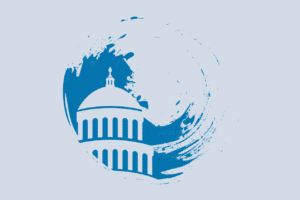
Senate Banking Hearing: Oversight of Housing Regulators
The Senate Banking Committee held a hearing on June 9 entitled Oversight of Housing Regulators. The witnesses included HUD Secretary Benjamin Carson and Federal Housing Finance Agency Director Mark Calabria.

HUD OIG Publishes Report on Telework
The HUD Office of Inspector General (OIG) published a report evaluating HUD’s use of agency-wide telework in response to the COVID-19 pandemic. They found telework severely impeded business processes dependent on paper records or facility access; bandwidth constraints with the HUD information technology (IT) infrastructure and the lack of government-furnished equipment for some employees disrupted HUD operations; and respondents reported HUD was generally well-prepared for mandatory telework.

HUD Updates Basic Statutory Mortgage Limits for Multifamily Housing Programs
HUD published a Federal Register notice adjusting the Annual Indexing of Basic Statutory Mortgage Limits for Multifamily Housing Programs. The percentage change in the consumer price index for all urban consumers (CPI-U) is 2.3 percent and the limits have an effective date of January 1, 2020.
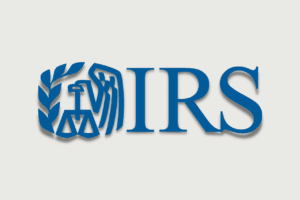
IRS Publishes COVID-19 Relief for Opportunity Zone Funds and Investors
The Internal Revenue Service (IRS) released Notice 2020-39, providing guidance for investors in the Opportunity Zones (OZ) incentive in the wake of the COVID-19 pandemic. The guidance provides that taxpayers whose last day of the 180-day period to invest capital gains in a Qualified Opportunity Fund (QOF) falls on or after April 1, 2020, and before December 31, 2020, to postpone the last day to December 31, 2020

HUD NOFA Offers $750,000 to Study the Impact of RAD on Children
HUD’s office of Policy Development and Research published a NOFA to study the “Impact of RAD on Children in HUD Assisted Households.” The NOFA makes $750,000 in funding available to be split among one or two potential awardees. The objective is to support research project(s) that will produce policy-relevant evidence on the implementation of the RAD program and its effect on children’s well-being

HUD Solicits Comments on Information Collection for Evaluation of RAD Choice Mobility, Long-Term Affordability
HUD published a 60-day notice of proposed information collection on the evaluation of the Rental Assistance Demonstration (RAD) program’s choice mobility option and long-term affordability. Congress requested and HUD provided two previous evaluations of RAD and the 2018 budget legislation that extended and expanded RAD provided funds to conduct a follow-up evaluation. This notice provides an opportunity to comment on the information collection. Those
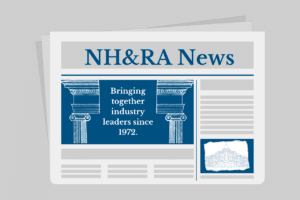
Family Renter Housing: A Response to the Changing Growth Dynamics of the Next Decade
The ULI Terwilliger Center for Housing, in collaboration with RCLCO Real Estate Advisors, released a report looking at the changing demand dynamics for family rental housing, development typologies that are responding to this demand and barriers to family rental housing development. The report points out that renter families tend to have as many children as homeowners. And while renter families tend to require just as much space as families who own their homes, most new rental housing units are much smaller than similarly aged for-sale housing units
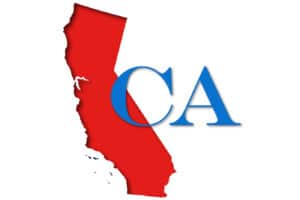
California 2020 County Housing Need Reports
The California Housing Partnership published the 2020 Housing Need Reports for all of California’s 58 counties. The reports document the gap in affordable homes versus need and looks at costs that the lowest income renters face statewide and at the county-level. The reports make several statewide policy recommendations, including making permanent the $500 million annual […]

Senate Finance Committee Ranking Member Ron Wyden Releases Affordable Housing Priorities
Senate Finance Committee Ranking Member Ron Wyden (D-OR) recently released an outline of affordable housing priorities he will pursue in the next Coronavirus response bill. The six priorities are focused on preserving and expanding affordable housing and, in particular, on supporting LIHTC properties.

Updated Four Percent LIHTC Factsheets
The ACTION Campaign developed a fact sheet showing the nationwide impact of the four percent LIHTC, as well as state-specific fact sheets for 21 states and the District of Columbia, which would most benefit from a minimum four percent LIHTC rate.
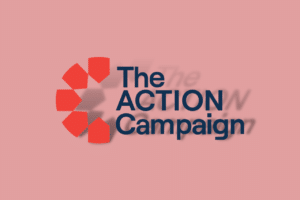
67 U.S. Mayors Join ACTION Campaign Letter to Congress
Sixty-seven mayors representing communities across 28 states and the District of Columbia, joined a letter urging Congress to include provisions that support the LIHTC in the next Coronavirus response package.
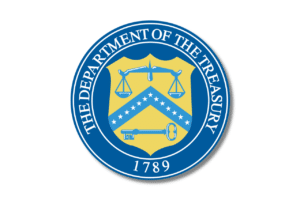
CDFI Fund Opens FY 2020 Capital Magnet Fund Funding Round
The U.S. Department of the Treasury’s Community Development Financial Institutions Fund (CDFI Fund) opened the fiscal year (FY) 2020 funding round for the Capital Magnet Fund. The application process consists of two parts: submitting the SF-424 Mandatory form through Grants.gov and submitting the rest of the application through the CDFI Fund’s Awards Management Information System (AMIS).